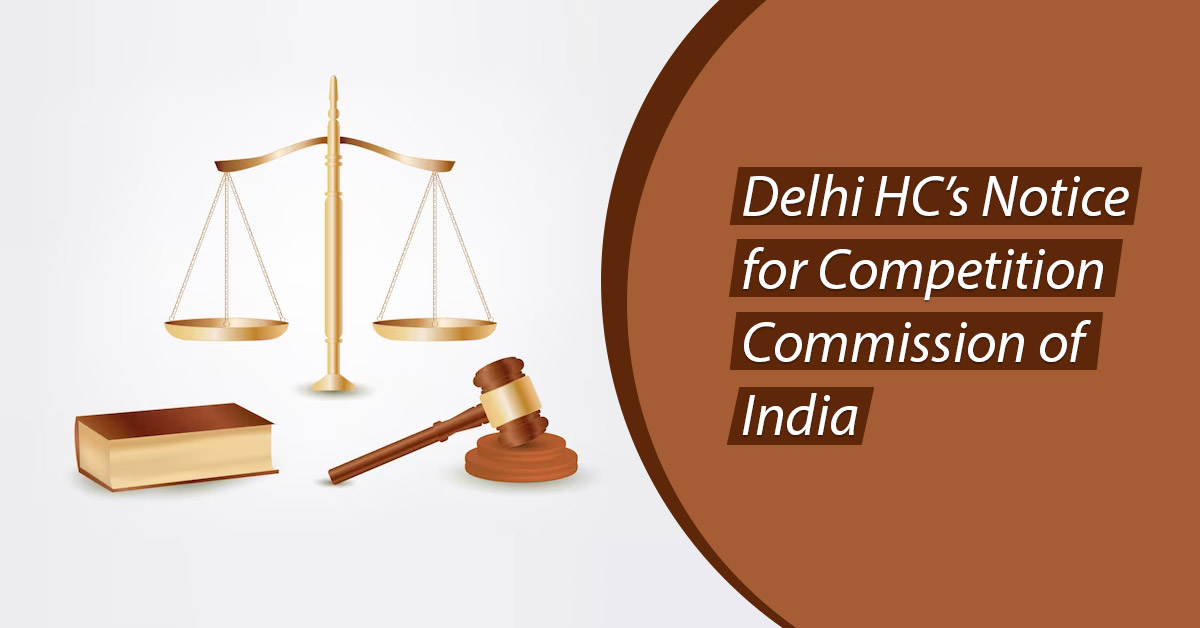
The clash between the government and the industry regarding profiteering issues intensifies, as the Delhi High Court (HC) has notified the Competition Commission of India (CCI). The HC has instructed CCI to adhere to the given framework for assessing the extent of profiteering. These notices were issued with a show cause notice issued by CCI to investigate the profiteering allegations against a real estate company concerning a specific project.
CCI has been given a four-week period to respond to the notices by the Delhi High Court.
Under the present arrangement, CCI is the designated authority responsible for determining instances of profiteering once it receives a detailed report from the Director General for Anti Profiteering (DGAP). Before the appointment of CCI, the National Anti-Profiteering Authority held the responsibility of resolving complaints pertaining to citing profiteering under the GST regulations.
Salarpuria Group, a real estate company, has challenged the computation and display of profiteering mentioned in the show cause notice issued by CCI. They argue that the prescribed methodology lacks a specific formula and challenges its applicability. The company asserts its presence in eight cities with 140 completed projects and 24 ongoing projects.
The Delhi HC was hearing a case involving the Salarpuria Group’s project, Salarpuria Signum, along with the Union of India, CCI, and other entities.
The counsel, Abhishek A. Rastogi, representing the petitioners raised concerns and questioned the constitutional validity of the anti-profiteering provisions on grounds of lacking a clear methodology.
The DGAP’s investigation determined that the developer would be held accountable for engaging in anti-profiteering practices concerning a joint development transaction.
The show cause notice was issued to the consideration of the extent of profiteering in three transactions between the landowner and the developer, between the developer and the homebuyers, and between the landowner and the homebuyers.
The petitioner’s counsel, Abhishek A. Rastogi, argued that the methodology issued by CCI is insufficient to determine the extent of profiteering, rendering the proceedings meaningless.
Justice Vibhu Bakhru and Justice Amit Mahajan have scheduled the next hearing for this matter after six weeks.
It is worth noting the response from CCI and how this case sets a precedent for other pending profiteering matters in other courts.